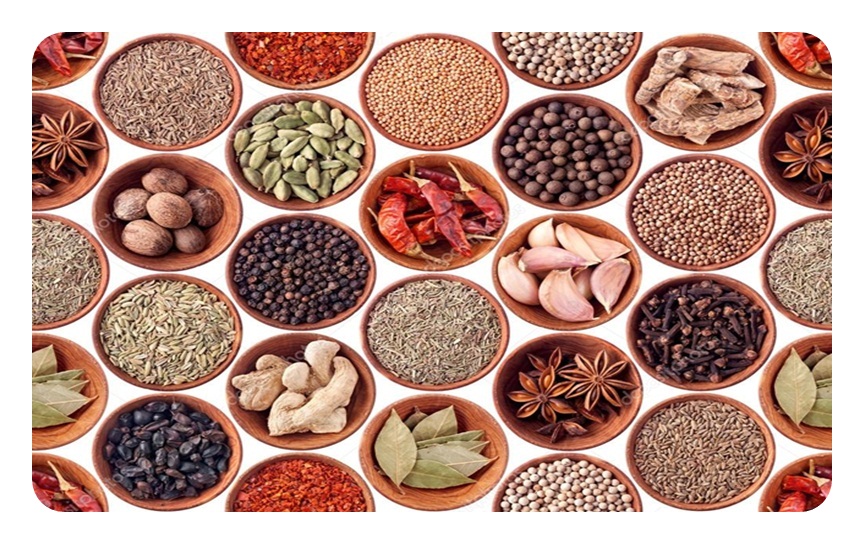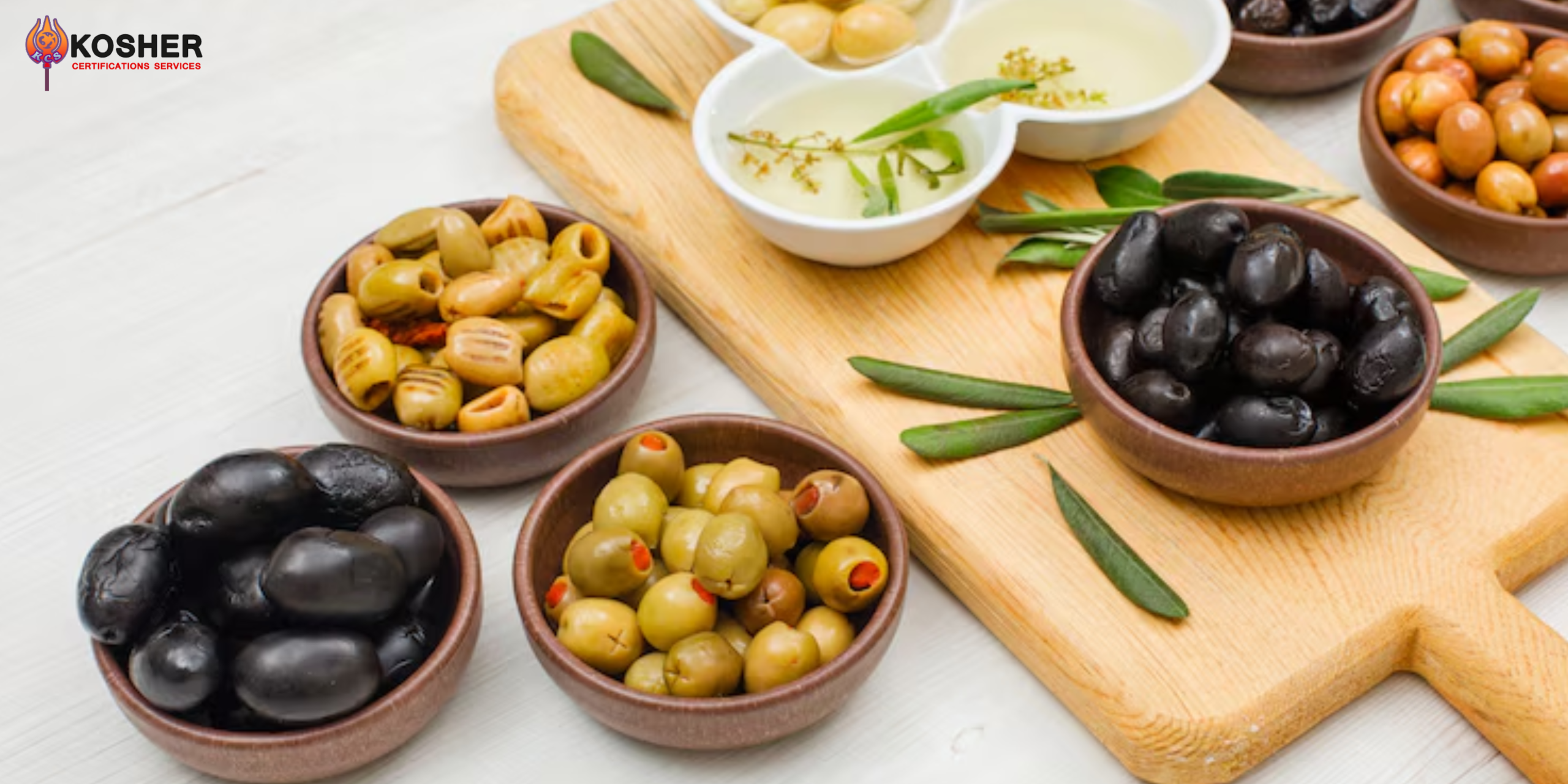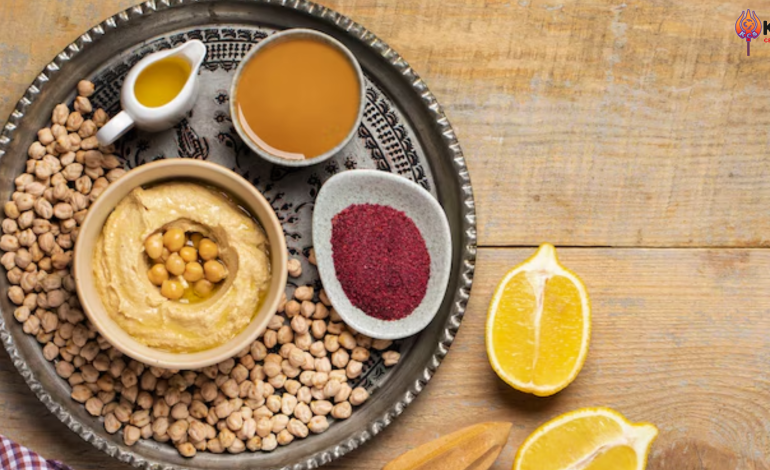When browsing grocery store Kosher Certification shelves, you might spot small symbols like “OU,” “Kof-K,” or “Star-K” printed on packaging. These aren’t just random logos—they’re signs that a product is kosher certified. But what does that mean, and why is kosher certification becoming increasingly relevant beyond just religious communities?
In this blog, we’ll explore what kosher certification involves, who benefits from it, and why it holds growing importance in modern food production.
What Does Kosher Certification Really Mean?
“Kosher” comes from the Hebrew word kashér, meaning “fit” or “proper.” It refers to food that meets a set of religious dietary rules found in Jewish law. These rules guide what foods can be eaten and how they must be prepared.
Some basic kosher principles include:
-
Only certain animals (like cows and chickens) are permitted; others (like pigs or shellfish) are not.
-
Animals must be slaughtered in a specific humane way.
-
Meat and dairy must never be mixed.
-
Grape products require special handling.
These rules extend beyond the ingredients themselves. Even the equipment, packaging, and cleaning procedures used in production must meet kosher standards.
What Is Kosher Certification?
Kosher Certification is the process by which a qualified rabbinic authority inspects and approves food products, ingredients, or facilities to ensure they meet kosher standards. If a product passes all requirements, the company earns the right to use the certifying agency’s kosher symbol on their packaging.
This certification process involves:
-
A review of all ingredients, including additives and processing aids.
-
On-site inspections of food production facilities.
-
Verification that proper procedures are followed during preparation and packaging.
-
Regular follow-up inspections to maintain compliance.
Some of the most well-known certifying symbols include:
-
OU – Orthodox Union
-
OK – Organized Kashrut
-
Kof-K
-
Star-K
Each symbol indicates that a trusted agency has thoroughly vetted the product.
Who Benefits from Kosher Certification?
1. Jewish Consumers
For observant Jewish individuals and families, Kosher Certification is essential. It simplifies grocery shopping and guarantees that a product complies with religious dietary laws.
2. Other Dietary-Conscious Shoppers
Kosher Certification appeals to people with dietary needs or ethical concerns:
-
Muslim consumers often rely on kosher products when halal options aren’t available.
-
Vegetarians and vegans trust kosher labels to identify dairy-free or meat-free options, especially when marked “Pareve.”
-
People with allergies appreciate the strict ingredient and equipment separation rules.
3. Food Manufacturers and Brands
For food producers, obtaining kosher certification can:
-
Increase market reach to millions of kosher-conscious shoppers.
-
Open doors to international trade, especially in regions with large Jewish or Muslim populations.
-
Enhance brand trust by showcasing adherence to detailed production standards.
How to Become Kosher Certified
Companies interested in kosher certification typically go through these steps:
-
Choose a Certifying Agency: Find one that fits your product type and market needs.
-
Submit Detailed Documentation: This includes all ingredients, suppliers, recipes, and facility layouts.
-
Schedule an Inspection: A rabbinic inspector will evaluate the production process.
-
Sign a Contract: Once approved, you’ll enter into an agreement that includes regular check-ins.
-
Label Your Products: After approval, you can begin using the kosher symbol on your packaging.
The entire process can take anywhere from a few weeks to several months, depending on the complexity of your operation.
Common Myths About Kosher Certification
Let’s clear up some misunderstandings:
-
Myth: Kosher means blessed by a rabbi.
Truth: While rabbis inspect and certify the process, kosher status depends on compliance with dietary laws—not religious blessings. -
Myth: All kosher food is healthier.
Truth: Kosher laws focus on religious standards, not nutrition or calorie content. -
Myth: Only Jewish people care about kosher certification.
Truth: Millions of non-Jewish consumers seek out kosher products for a variety of personal, ethical, and dietary reasons.
Final Thoughts
Kosher certification has moved far beyond its religious roots. Today, it plays a key role in how food is produced, labeled, and consumed around the world. It offers transparency, accountability, and assurance to a wide range of consumers. For businesses, it’s an opportunity to build trust and tap into new markets.
Whether you’re checking a label or running a food brand, understanding kosher certification helps you make better, more informed choices—both in the kitchen and in business.









